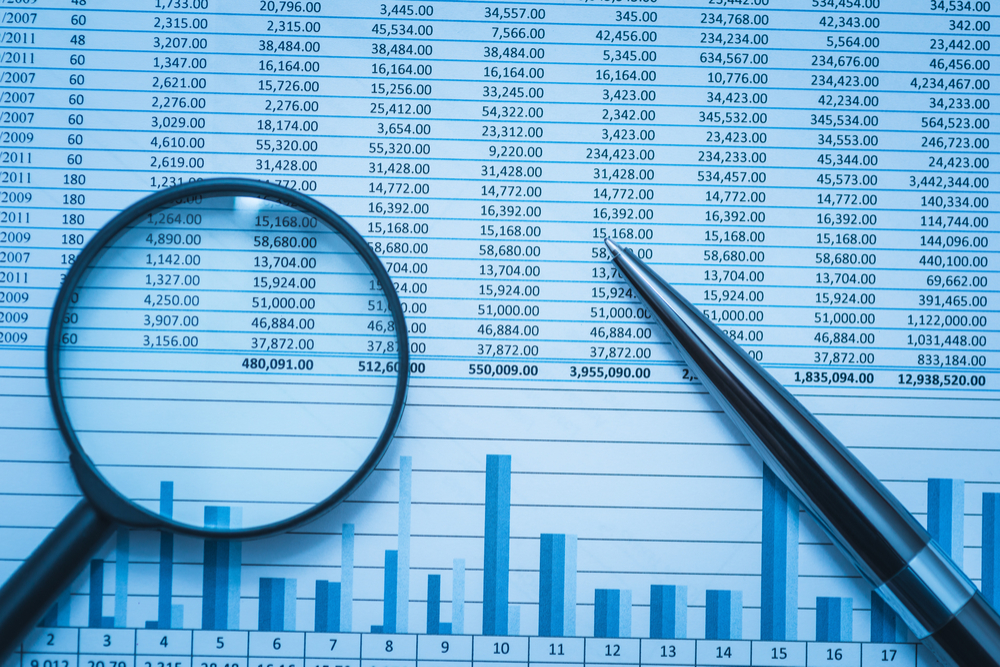Forensic accounting is a specialized field that combines accounting, auditing, and investigative skills to uncover financial fraud and other financial crimes. It is a highly sought-after profession, and many people are curious about how much forensic accountants earn.
The salary of a forensic accountant can vary depending on a number of factors, including their level of experience, education, and the industry they work in. According to the Bureau of Labor Statistics, the median annual salary for accountants and auditors in the United States was $73,560 in May 2020.
However, forensic accountants typically earn more than traditional accountants due to the specialized nature of their work. According to a survey conducted by the Association of Certified Fraud Examiners, forensic accountants in the United States earn an average salary of $94,000 per year.
The salary of a forensic accountant can also vary depending on the industry they work in. Forensic accountants who work in the finance and insurance industry tend to earn the highest salaries, with an average salary of $104,000 per year. Those who work in the government sector tend to earn the lowest salaries, with an average salary of $76,000 per year.
In addition to their base salary, forensic accountants may also receive bonuses and other forms of compensation. Many forensic accounting firms offer performance-based bonuses, which can significantly increase a forensic accountant's earnings.
Overall, the salary of a forensic accountant can be quite lucrative, especially for those with extensive experience and education. If you are interested in pursuing a career in forensic accounting, it is important to research the industry and understand the factors that can impact your earning potential.
In conclusion, forensic accounting is a highly specialized field that offers a range of career opportunities and competitive salaries. By understanding the factors that impact forensic accountant salaries, you can make informed decisions about your career path and earning potential.

